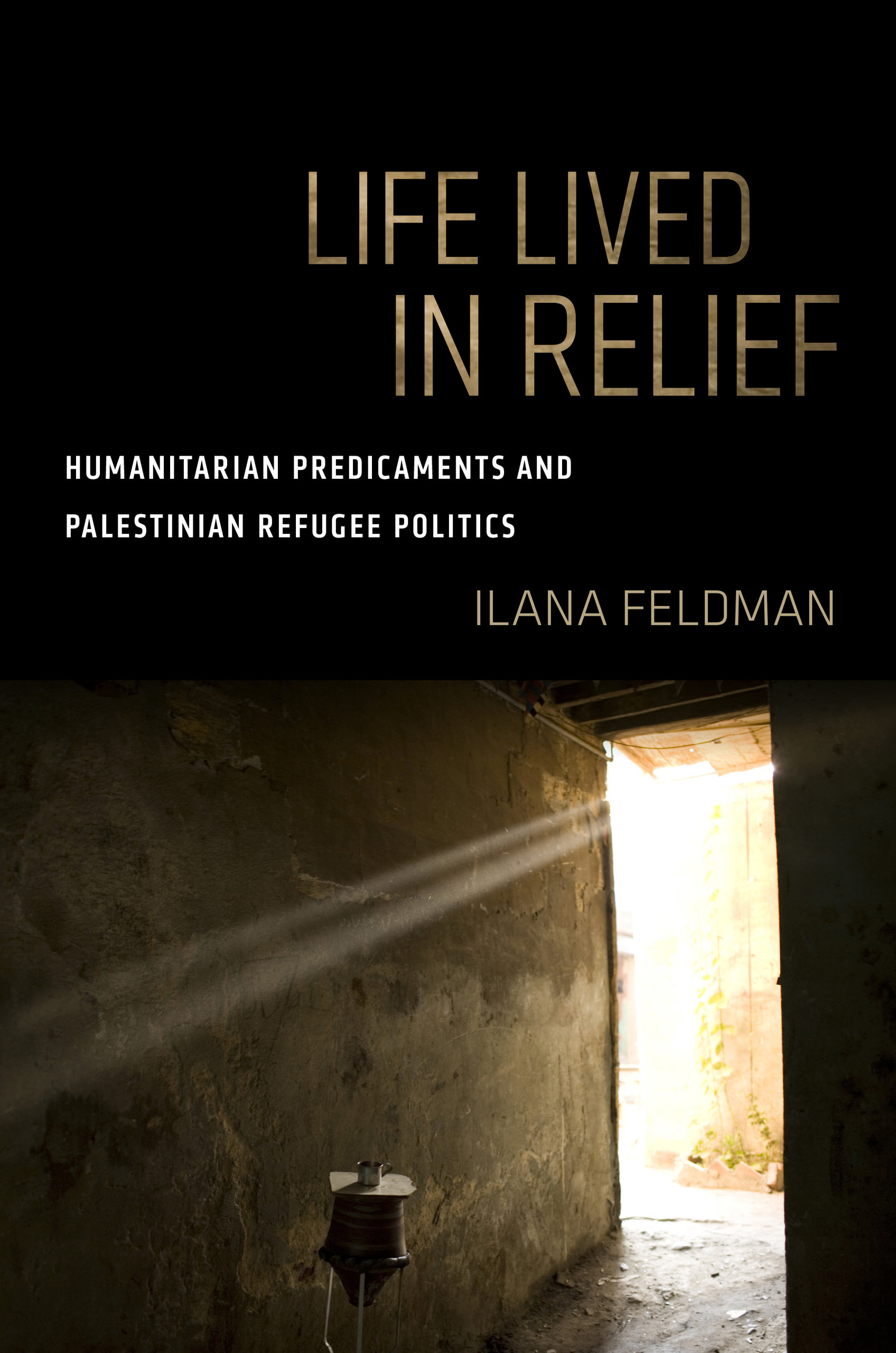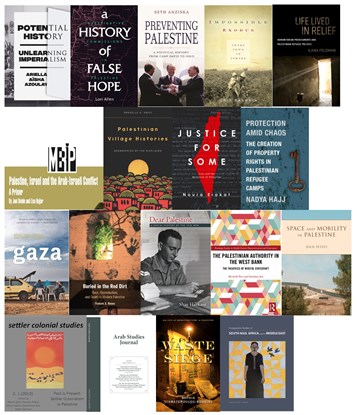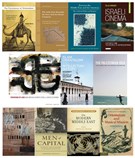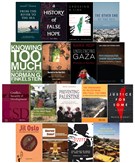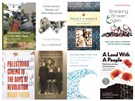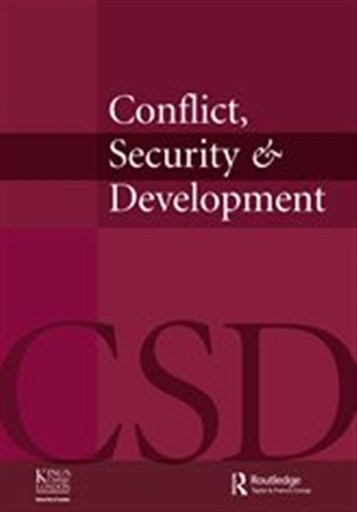Palestine NEWTON Bouquet 1: “Framing Narratives and Histories” (May 15)
Today, 15 May 2023, is exactly 75 years since the official date used to mark the Nakba. The 15 of May, 1948, is also the date of the official declaration of the state of Israel, built on the displacement of hundreds of thousands of Palestinians, the erasure and destruction of Palestinian lives, homes, and villages, and the denial of narratives. This week, Jadaliyya offers two NEWTON bouquets to mark this 75-year milestone, curated from our scores of texts over the last thirteen years. Bouquet 1, below, showcases a selection of texts that offer broad overviews and narratives; the immediate pre- and post-1948 moment; and a trajectory of Palestinian experiences under occupation, as refugees, and in Israel, over the course of the ongoing Nakba.
1) Omar Jabary Salamanca, Mezna Qato, Kareem Rabie, and Sobhi Samour, Past Is Present: Settler Colonialism in Palestine
“The framework of comparative settler colonialism offers important insights and interventions that, while not all new, provide productive scaffolding for thinking about Palestine. Comparative settler colonialism rejects the exceptionalism that is ascribed to Zionism and Israel, and to Palestine and Palestinians, and it opens the situation to comparison with other contemporary and historical settler colonial cases.”
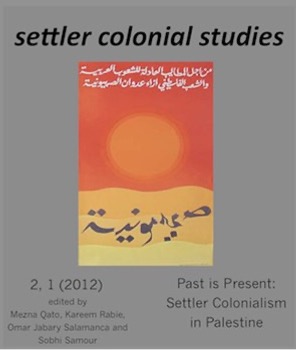
2) Joel Beinin and Lisa Hajjar, Palestine, Israel, and the Arab-Israeli Conflict: A Primer
“The context of the operation is the continuing occupation and denial of Palestinian human and national rights with the full collaboration of the United States. We hope the primer helps people understand that.”
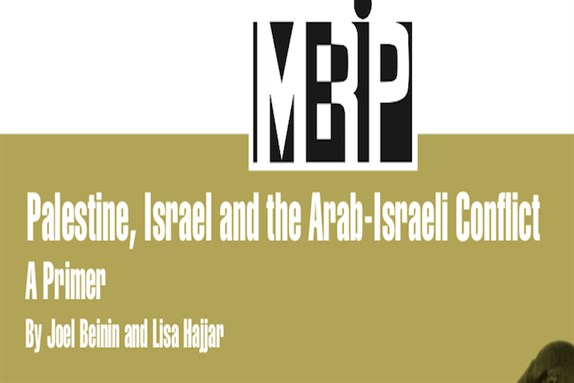
3) Ariella Aïsha Azoulay, Potential History – Unlearning Imperialism
“The book is an attempt to provide a potential history of five hundred years in which Palestine, but also photography and modern art, are late reiterations of imperialism’s major enterprise—the impairment of worlds and their replacement with standardized political structures that facilitate the implementation of disastrous political regimes.”
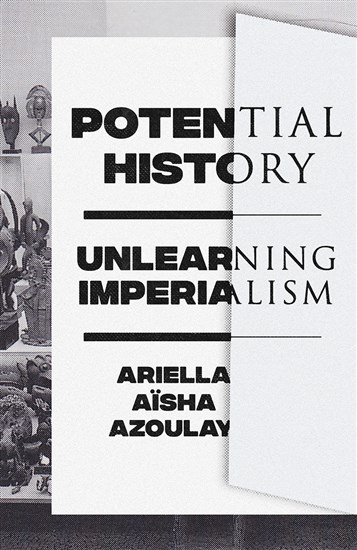
4) Sherene Seikaly, “How I Met My Great-Grandfather: Archives and the Writing of History”
“I detail Naim’s consumerism, his financial investments and property, his land dispute with his brother, and then trace his experience of dispossession after the Nakba, as a refugee in Lebanon. What happened to a man of capital who survived the catastrophe of 1948? What allows an archive to survive that event? What stories does it record, and what does it render invisible?”
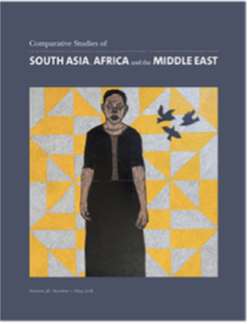
5) Shay Hazkani, Dear Palestine: A Social History of the 1948 War
“The questions I ask about the interactions between elites and non-elites stem to a large degree from the rich collections of oral histories of the nakba that have been published in recent decades. These testimonies have this candor to them that we typically do not see from politicians, generals, or the various histories that have relied on their words.”
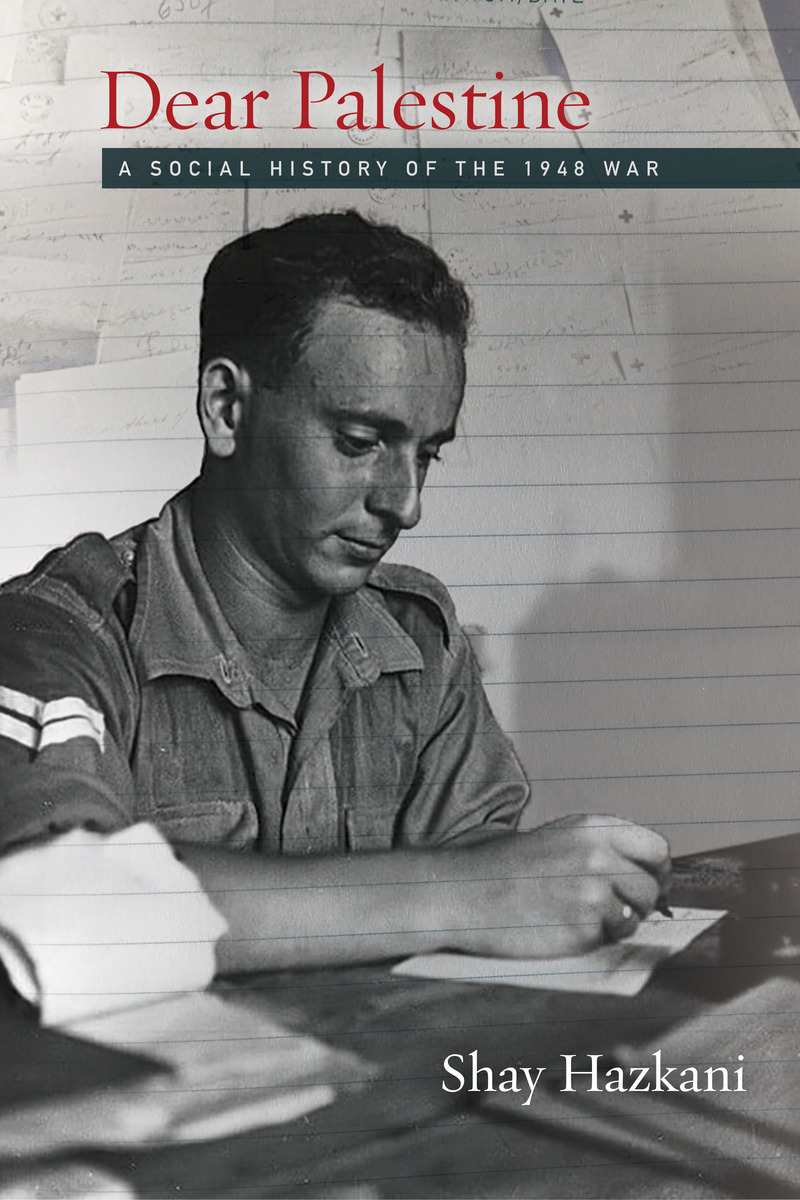
6) Rochelle Davis, Palestinian Village Histories: Geographies of the Displaced
“By documenting and analyzing the work of these local historians and preservationists, and their knowledge of a disappeared landscape and way of life, I provide readers with a sense of the past and suggest how people today think of and write their own history.”

7) Orit Bashkin, Impossible Exodus: Iraqi Jews in Israel
“I wanted to challenge the notion that Israel served as a melting pot for Jewish communities and to illustrate instead how the adoption of Israeli citizenship was a long, excruciating and traumatic experience. I also wished to write a history that did not focus on the ways in which Israeli institutions discriminated against Jews who previously resided in Middle Eastern states (Mizrahim).”
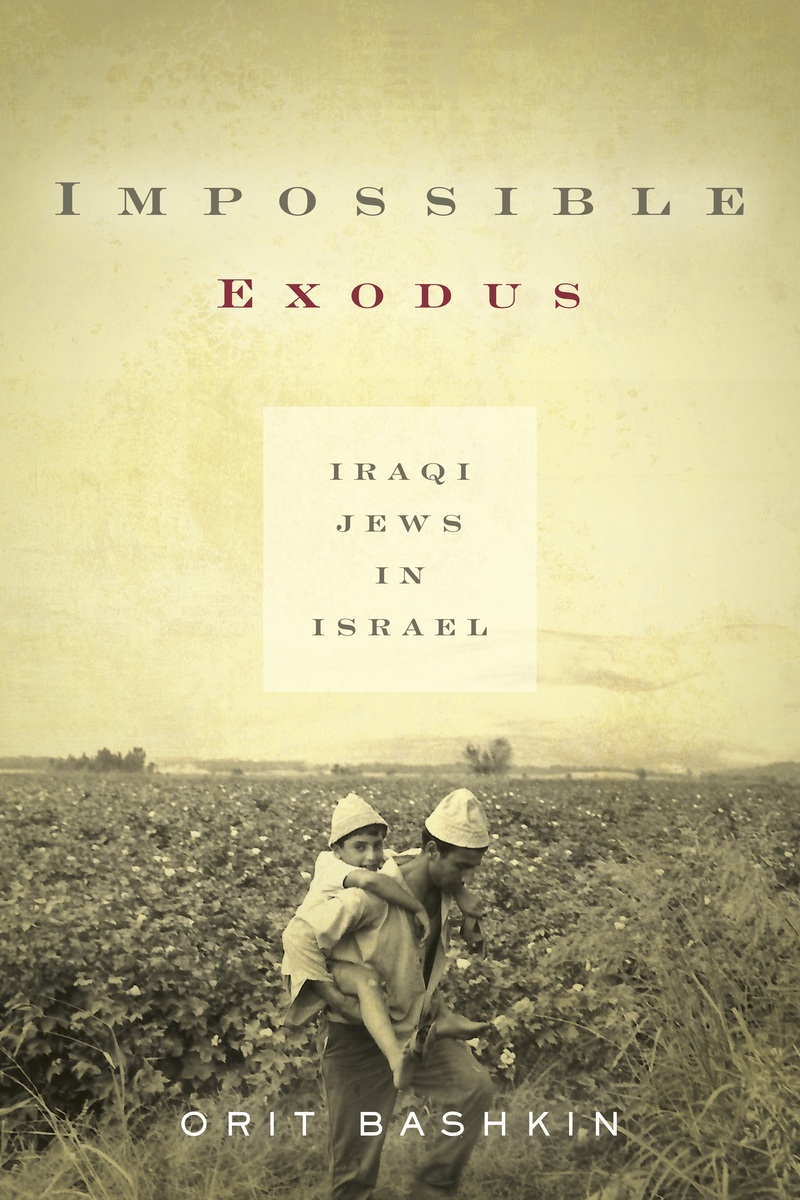
8) Lana Tatour, “Citizenship as Domination: Settler Colonialism and the Making of Palestinian Citizenship in Israel”
“An aspiration to challenge the exceptionalism of the Israeli case also informs my approach. Therefore, this article takes a comparative approach to the question of citizenship-making in Israel and situates it within the wider history of citizenship making in Anglophone settler-colonial contexts. I based this decision not only on theoretical considerations, but also on findings from the archives.”
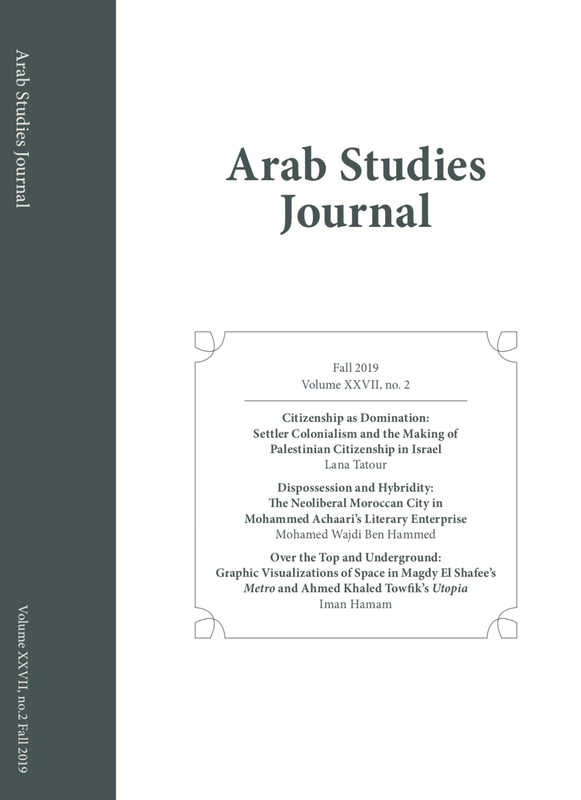
9) Helga Tawil-Souri and Dina Matar, Gaza As Metaphor
“We did to not want to limit what our contributors wanted to write about, asking them to think through a metaphor and its relationship to Gaza. They could think of a metaphor as an entry point to interrogate the realities of Gaza, to excavate, contextualize and make visible the effect of Israel’s settler colonial project, among other forces, on Gaza and its people.”
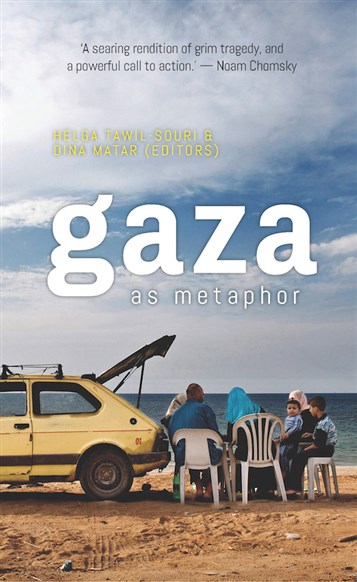
10) Lori Allen, A History of False Hope: Investigative Commissions in Palestine
“In a way, this book is an expression of my naïve astonishment at how Palestinians have been denied their freedom, so brazenly and brutally, for so long. I still ask, how can this be? A History of False Hope is another attempt to understand the intransigence of Palestinians’ unfreedom.”

11) Noura Erakat, Justice for Some: Law and the Question of Palestine
“Rather than emphasize the content of the law, the book pays particular attention to the historical context as well as the strategy of the legal workers to show how the law can have various meanings across time and space. On the whole, the book demonstrates that the law has been more beneficial in advancing Israel’s settler-colonial interests and insists that, for it to benefit the Palestinian struggle, and progressive causes more generally, it must be used in the sophisticated service of a political movement.”
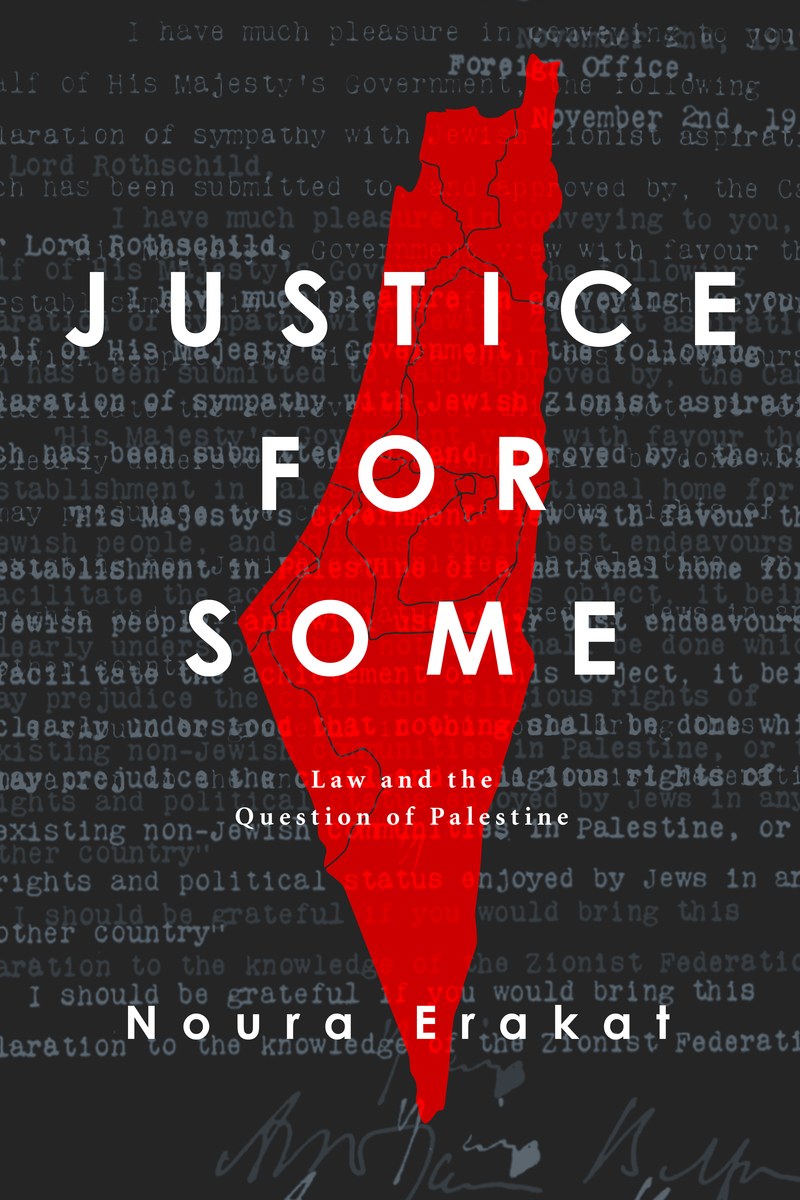
12) Seth Anziska, Preventing Palestine: A Political History from Camp David to Oslo
“Broadening my perspective and spending time in Syria and Lebanon, while also returning to Israel and Palestine, helped me interrogate questions that had surfaced about the persistence of Palestinian statelessness and led to the research for this book.”
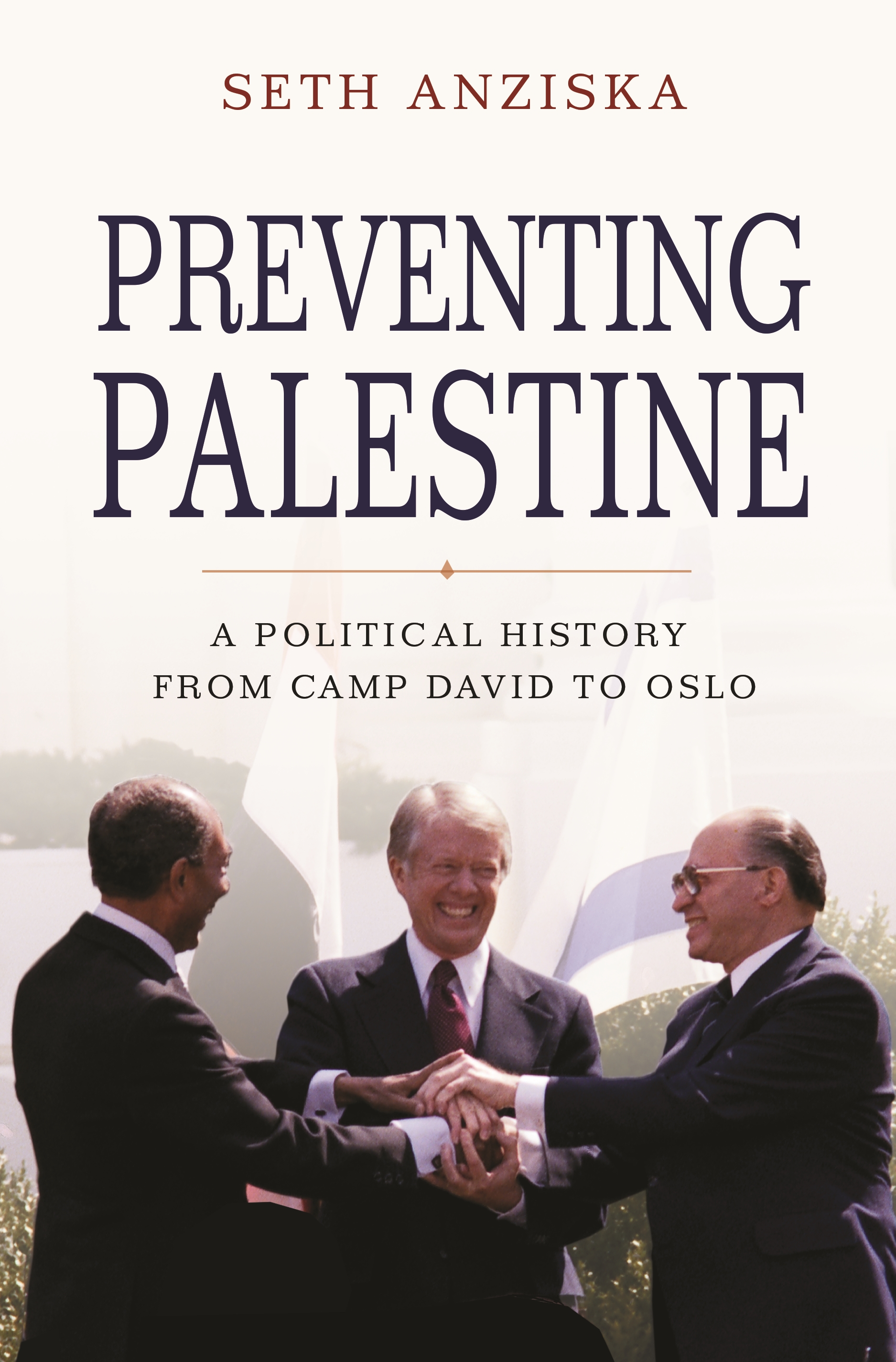
13) Michelle Pace and Somdeep Sen, The Palestinian Authority in the West Bank: The Theatrics of Woeful Statecraft
“In this book we challenge the existing literature on state-building and the apparent fixity on the state; instead, we shed light on how the discursively produced and constantly alluded to notion of “a Palestinian state” relies on endless acts of performance to call it into being. Our focus is therefore on how the nature of Palestinians’ statelessness has to contend with the rituals of statecraft that the Palestinian Authority (PA) and its civil servants/fonctionnaires engage in.”
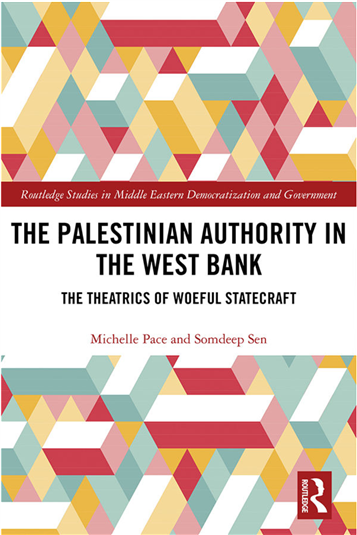
14) Frances S. Hasso, Buried in the Red Dirt: Race, Reproduction, and Death in Modern Palestine
“This was an iterative book shaped by my intellectual concerns and political commitments, what I learned by talking to Palestinian scholars, friends, and acquaintances, and what I learned in field, reading, and archival work. In short, I allowed Buried in the Red Dirt to find its path, which not incidentally included a late realization in the manuscript that “race” was so central to my argument it required more research and explicit discussion.”
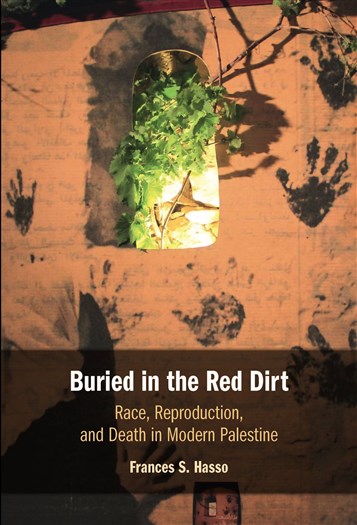
15) Julie Peteet, Space and Mobility in Palestine
“The book is concerned with mobility and space under the Israeli policy of closure and its mechanisms: the wall, checkpoints, the permit system (the paper wall), the identity card, and the segregated road system. I explore how a modern settler-colonial regime works to transform space to conform to a narrative of its desired demography and foundational history.”
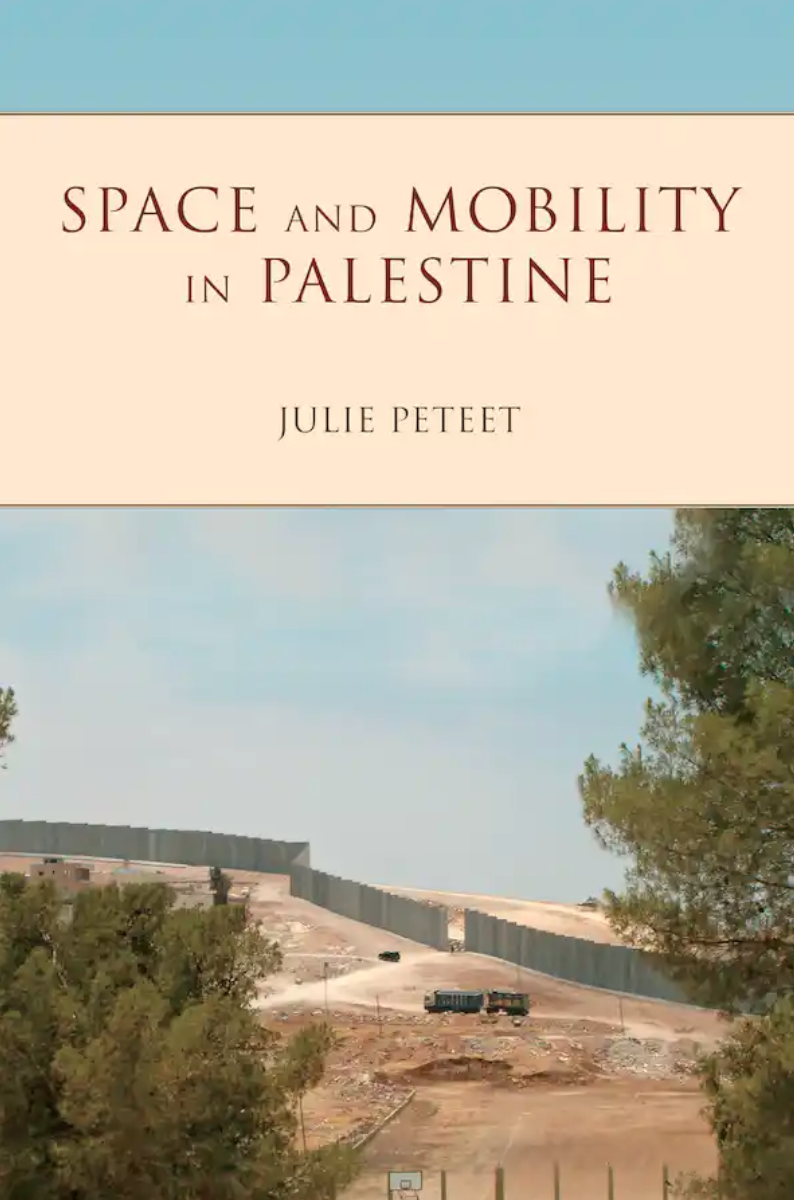
16) Sophia Stamatopoulou-Robbins, Waste Siege: The Life of Infrastructure in Palestine
“In asking how waste is worlding, I took my cue as much from anthropology as from the interdisciplinary discard studies. I wanted to understand how people live in arguably unlivable environments and what the materialities of unlivability have to do with sovereignty, with how people experience ethics, sociality, and temporality.”
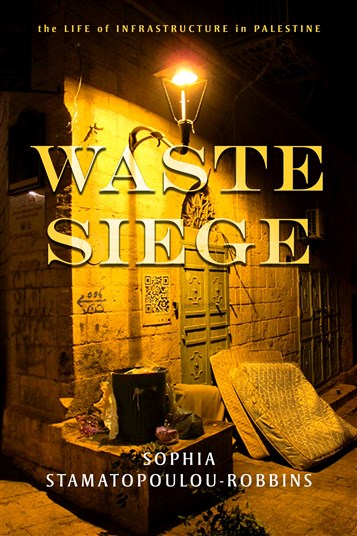
17) Nadya Hajj, Protection Amid Chaos: The Creation of Property Rights in Palestinian Refugee Camps
“Palestinian refugees engaged in an iterative process of creating and renegotiating property rights in camps, often bargaining with more (politically) powerful actors. Palestinians incorporated their communal traditions for enforcing rules into formal property right systems and protected the community from predation and total host state incorporation.”

18) Ilana Feldman, Life Lived in Relief: Humanitarian Predicaments and Palestinian Refugee Politics
“In all of my work, I strive to develop analytic frameworks that can capture the complexity and often contradictory features in people’s experiences, and that also grasp when they cohere into enduring formations. Distinguishing between the politics of life and the politics of living is one of the ways I have tried to do this in the humanitarian context.”
